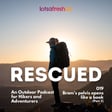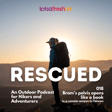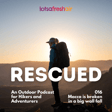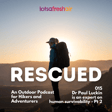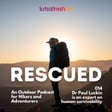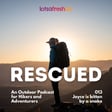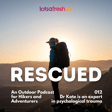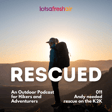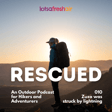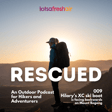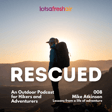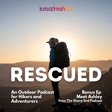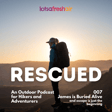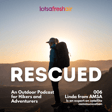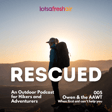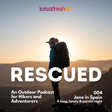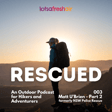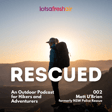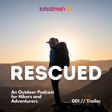
017 // Make good decisions with Hugh Ward - Heuristics
How many decisions do you reckon you’ve made today?
It's probably the conscious ones that come to mind. Do I wear the red shirt or blue top? 1 coffee or 6.
Believe it or not, The Harvard Business Review states that adults can make around 35,000 decisions each day and many of those happen automatically and simultaneously.
When we head out into the wild places we love, or find ourselves in environments with a higher level of risk, some of these decisions (conscious or otherwise) can have some pretty intense consequences.
Today, I’m joined by Hugh Ward, co-owner of the Blue Mountains Climbing School, to learn about an easy tool that we can use every day, to help us make better decisions, smarter choices and have better adventures.
He talks us through the established acronym F.A.C.E.T.S, developed by Ian Mcammon, based upon the work of Daniel Kahneman and Amos Tsversky. It was designed to highlight common deficiencies in our decision making (Heuristic Traps) and to offer a tool to temper the choices we make in high consequence environments.
Excitingly, he then steps us through a NEW acronym, A.C.C.E.S.S. that he has developed with Climbing School co-owner and wife, Bridie Campbell, that works better with Australian outdoor environments. You can read more and DOWNLOAD their handy pocket guide here.
Resources
Article on the Climbing School blog
